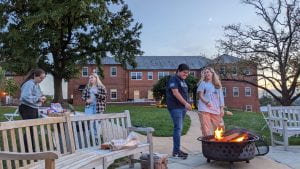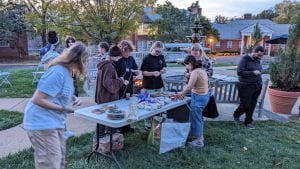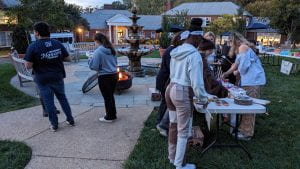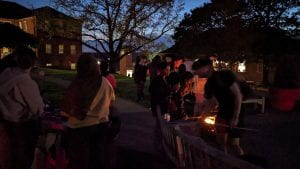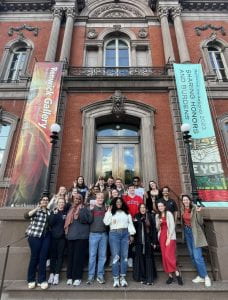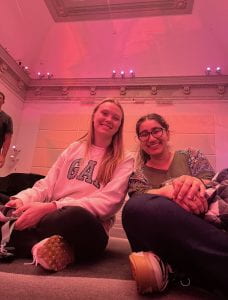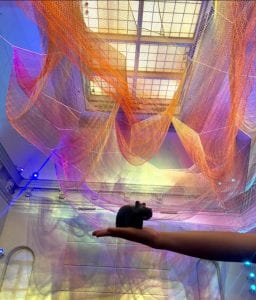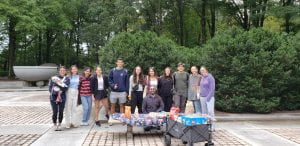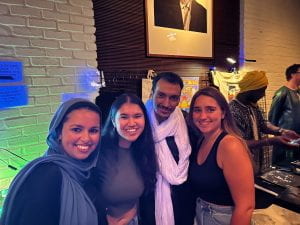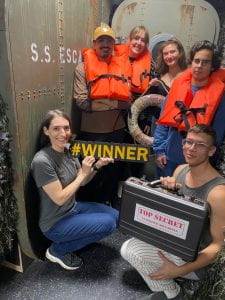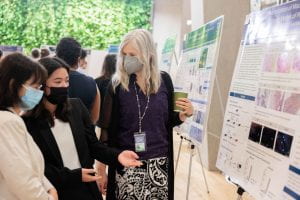The following blog post was written by fellow UHPer and Fall 2023 SURE Award recipient, Mykala Bledsoe (Sociology, ’25). Read on about Mykala’s research and how she plans to utilize the SURE Award funding to further expand upon her experience!
I began my research when completing a project on drug crime disparities, from access to substance use resources to the role of the criminal legal system. Harm reduction and decriminalization became a large part of my research when developing recommendations for how access to harm reduction programs and materials should be prioritized when addressing the overdose epidemic in DC. This developed into my thesis research which addresses harm reduction in three main parts: local data on disparities in access to harm reduction resources; using international perspectives and examples from Portugal, Switzerland, and the Netherlands; and the implementation of a harm reduction peer educator program. The last of which is a curriculum of harm reduction skills for substance use and nonviolence, interpersonal skills, and drug policy education for students to take and apply directly with community partners. It is also important to note that centering the perspectives and needs of those most directly affected by these disparities in my research is necessary to serve any community most effectively. The award money will be used to directly fund the supplies for the peer educator program that will be provided to serve DC communities. Materials like Narcan, sterile syringes, fentanyl test strips, etc are crucial in preserving the dignity of life for people who use drugs; however, these are incredibly underfunded and underserved to marginalized communities.
Additionally, the next steps for my project are to conduct my research and get approval from the IRB to conduct qualitative interviews in Switzerland and alongside DC community partners. Then I will further develop my recommendations for policy implementation as a multi-faceted program in DC. I would also love to make it to Portugal to do some research too! The SURE award was a wonderful opportunity to explore questions within my thesis without worrying about economic barriers. I am so excited to be able to use the grant to serve my community!
Interested in applying for your own SURE Award funding? Find out more about the application process here!
